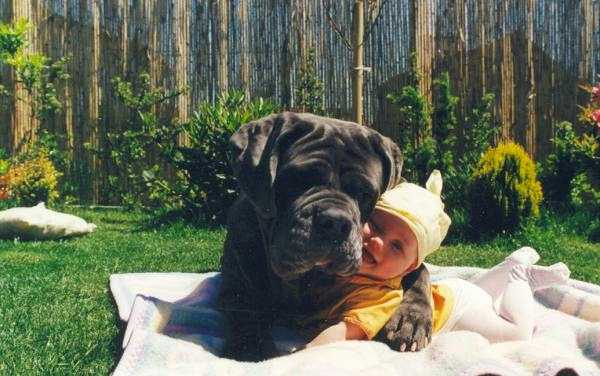Vitamins For Puppies And Adult Dogs
Written by: Anastasia Spevakina
All dogs need vitamins neither Puppies or Adult Dogs to maintain and develop their health. Regardless the age, vitamins for dogs are very important, and in this article you will find all the information about needed nutrients for your pet.
Vitamin A
Vitamin A is especially useful for growing puppies, as it supports the work of kidneys, lachrymal and salivary glands.Moreover, vitamins of this category help to improve the immunity of puppies Adult Dogs and increase resistance to infections and various diseases.
Sources: milk, cod liver oil, corn, egg yolk, different greens, carrot
Vitamin B
Vitamin B effectively treats neurosis, anemia and other diseases. Vitamins of this category promote the dog’s growth and have a beneficial effect on skin, nervous system, eyes and mucous membranes.
Sources: meat (especially lamb), liver, fish, cheese, whey, and other dairy products, vegetables and some cereals
Vitamin C helps to strengthen anti-infectious protection.
Sources: vegetables and herbs, malt extract, seaweed and even grass
Vitamin D
Vitamin D is important for the proper growth of dogs and development of their skeleton. It protects the body from such diseases as rickets and bone atrophy.
Sources: cod liver oil, fish oil
Vitamin E is needed for healthy skin and responsible for the function of reproduction. It increases fertility and its deficiency leads to infertility.
Sources: wheat germ, various oils, egg yolk, vegetables and some meat products
Vitamin F is good for dog’s skin.
Sources: flaxseed oil
Vitamin K
Vitamin K is important for proper functioning of many enzymes that are responsible for blood clotting. It participates in the metabolism of proteins and favors the absorption of bone calcium.
Sources: liver, meat, and some vegetable foods: kale, spinach, parsley, etc.
Vitamin PP
Lack of vitamin PP causes the pellagra disease.
Sources: meat, fish, liver, buckwheat and beans
In addition to vitamins, dogs need minerals. Calcium, phosphorus, sodium, chloride, iron, copper, cobalt, zinc, iodine, manganese. These substances are contained in some usual products, but it’s better to provide additional vitamin supplements for your dog.
If you give high-quality food to your dog, then he doesn’t need additional vitamins. But in case of feeding natural food, consult your veterinarian to make a balanced diet. A vet will ask you how you feed the dog and his age, will check the health of your dog and pick up the necessary vitamin complex.
How to understand, when dogs don’t have enough vitamins
- If the dog is eating the land, bricks and plaster, he needs more calcium;
- Loss of appetite, lethargy, fatigue – lack of vitamin C;
- Dogs start eating insoles, sneakers or dirty socks – a lack of vitamin B;
- A dog eats cigarette butts – a lack of vitamin P;
- Dermatitis, diarrhea, inflammation – a lack of vitamin PP;
- Anemia, eating feces – a lack of vitamin B;
- Disheveled, dry hair, corneal opacity or watery eyes – a lack of vitamin A;
- Curvature of forearms – shortage of vitamin D.
! If you see any alarming symptoms, consult a vet. Only a veterinarian can determine the appropriate dose of vitamins and duration of the course.
Read Also : Rottweilers 5 Common Diseases You Should Know

